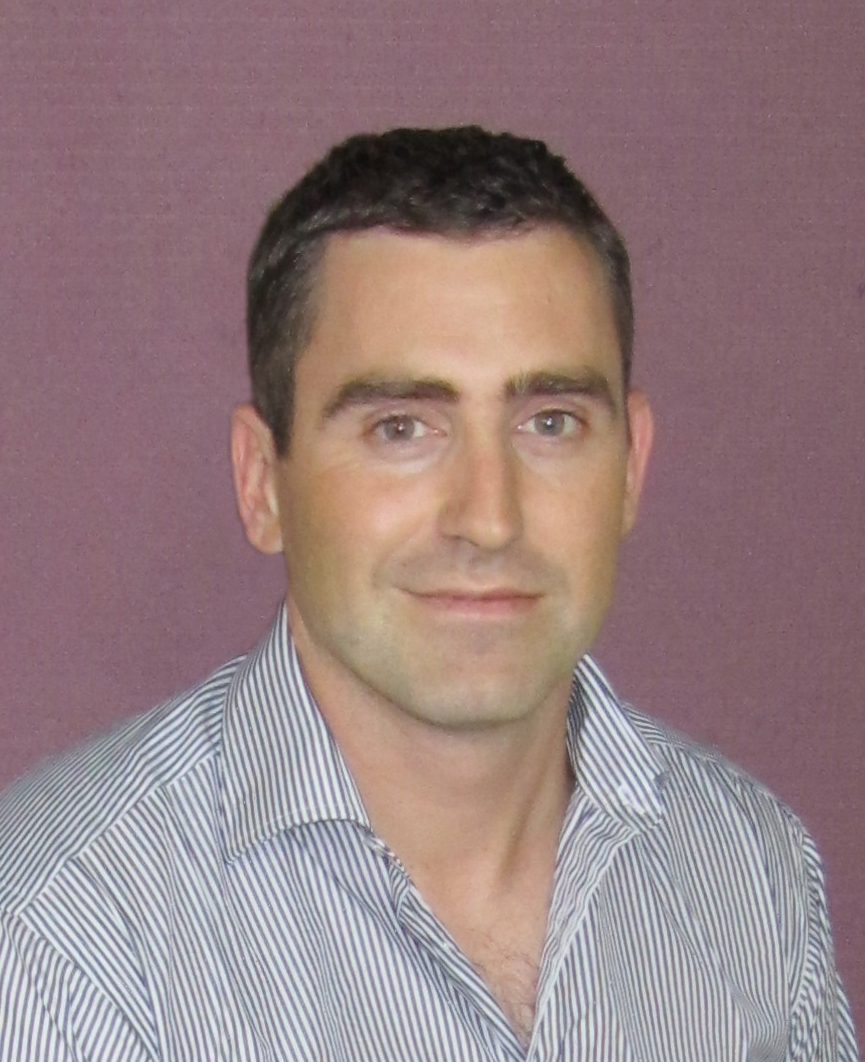The masterclass is for using solicited dairies in qualitative social research
Instructors: Professor Alex Broom is Professor of Sociology at the School of Social Sciences, the University of New South Wales, Australia. He specialises in qualitative research. Alex works regularly with service providers, community organisations, government and professional organisations, and his program of research melds the conceptual richness of sociology with the value of applied, translational research. He has published over 200 publications including 12 books and 145 journal articles and is an investigator on over AU$8 million in competitive research grants. He currently holds Honorary/Visiting Professorial positions at Brunel University London, The University of Westminster (London), The University of Queensland and the University of Technology Sydney. Recent books include Men's Health: Body, Identity and Social Context (Wiley-Blackwell, 2009) and Health, Culture and Religion in South Asia (Routledge, 2011), Evidence-based Healthcare in Context (Ashgate, 2012), Gender and Masculinities: Histories, Texts and Practices in India and Sri Lanka (Routledge, 2013) and Dying: A Social Perspective on the End of Life (Ashgate, 2015). He convenes the Health Stream of UNSW's Practical Justice Initiative.
Dr Emma Kirby is a Senior Research Fellow and ARC DECRA Fellow at the School of Social Sciences, UNSW Australia.
Alex Broom is Professor of Sociology at the School of Social Sciences, the University of New South Wales, Australia. He specialises in qualitative research. Alex works regularly with service providers, community organisations, government and professional organisations, and his program of research melds the conceptual richness of sociology with the value of applied, translational research. He has published over 200 publications including 12 books and 145 journal articles and is an investigator on over AU$8 million in competitive research grants. He currently holds Honorary/Visiting Professorial positions at Brunel University London, The University of Westminster (London), The University of Queensland and the University of Technology Sydney. Recent books include Men's Health: Body, Identity and Social Context (Wiley-Blackwell, 2009) and Health, Culture and Religion in South Asia (Routledge, 2011), Evidence-based Healthcare in Context (Ashgate, 2012), Gender and Masculinities: Histories, Texts and Practices in India and Sri Lanka (Routledge, 2013) and Dying: A Social Perspective on the End of Life (Ashgate, 2015). He convenes the Health Stream of UNSW's Practical Justice Initiative.
The use of diaries as a means of collecting data is an established methodological tool. However, their use has not been widespread in the social sciences. Although diaries may not encompass dialogue and probing evident in verbal communication, they are powerful in allowing an examination of seemingly mundane day-to-day thoughts, processes and undulations. This method can be used to powerfully access the content of daily life, allowing research participants themselves to start the ‘interpretive process’, and to transcend the potential artificiality and power dynamics of face-to-face methods.
A primary and significant benefit of personal diaries is the temporal nature of the insight they offer, allowing for flexibility and variation in the narratives presented. Moreover, diaries can offer insight into participants’ experiences as they happen and in participants’ own words, providing a unique form of knowledge which observation or retrospective interview accounts cannot obtain. Diaries can be used in a range of settings, and for various purposes.
This master-class provides attendees with the skills to design, develop, implement and analyse diary data in social research. The workshop is relevant to any one who utilises qualitative research within their work, including those with an interest in finding ways of mapping experience over time.
Day 1
Part I: The principles and logics of diary-based and temporal qualitative methods
Part II: Design and development of diaries
Day 2
Part II (continued): Design and development of diaries
Part III: Implementation and analysis of diary data
This workshop will take place in a classroom. Attendees will need to bring their own laptop computer. Word processing software is needed; no specific software is needed in advance.
Basic knowledge of social research methods, particularly qualitative methodology.
Alaszewski, A. (2006) Using Diaries for Social Research . London: Sage Publications
Bartlett, R., & Milligan, C. (2015). What is Diary Method?. Bloomsbury Publishing.
Broom, A., Kirby, E., Adams, J., Refshuage, K. (2015) On illegitimacy, suffering and recognition: A diary study of women living with chronic pain. Sociology vol. 49 no. 4 pp712-731
Broom, A., Meurk, C., Adams, J. & Sibbritt, D (2014) Networks of knowledge or just old wives’ tales? A diary-based analysis of women’s self-care practices and everyday lay expertise. Health: An Interdisciplinary Journal for the Social Study of Health, Illness and Medicine Volume 18 Issue 4 July 2014 pp. 335 - 351.
Broom, A. & Tovey, P. (2008) Exploring the temporal dimension in cancer patients’ experiences of non-biomedical therapeutics. Qualitative Health Research Vol. 18, No. 12, pp. 1650-1661.
Bijoux, D. & Myers, J. (2006) Interviews, solicited diaries and photography: ‘new’ ways of accessing everyday experiences of place. Graduate Journal of Asia-Pacific Studies 4(1): 44-64.Bolger, N., Davis, A and Rafaeli, E. (2003) Diary Methods: Capturing Life as it is Lived. Annu. Rev. Psychol . 2003. 54:579-616
Corti, L. (1993) Using Diaries in Social Research. Social Research Update. University of Surrey [http://www.soc.surrey.ac.uk/sru/SRU2.html.
Jones, K., R. (2000) The unsolicited diary as a qualitatitive research tool for advanced research capacity in the field of health and illness. Qualitatitive Health Research , Vol. 10, No. 4, 2000
Zimmerman, D & Wieder, D. (1977) The Diary Interview Method. Urban Life , Vol. 5, No. 4: 479-498
